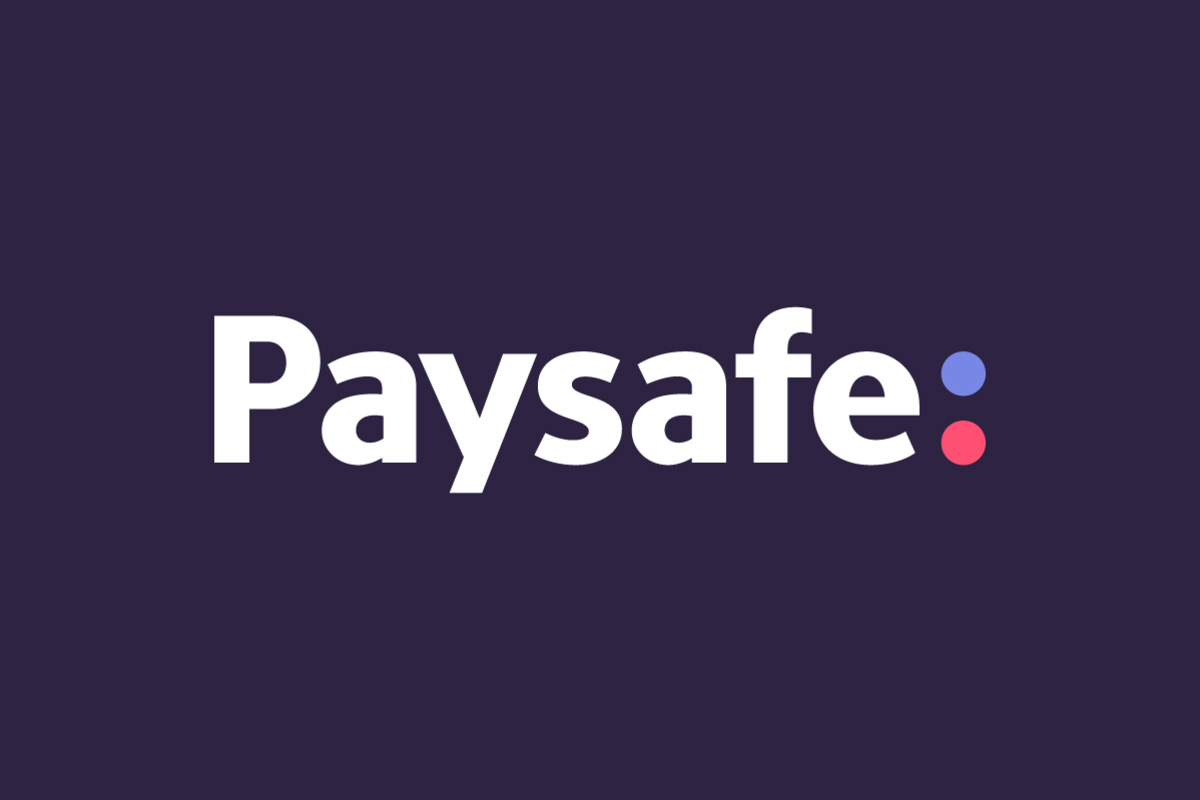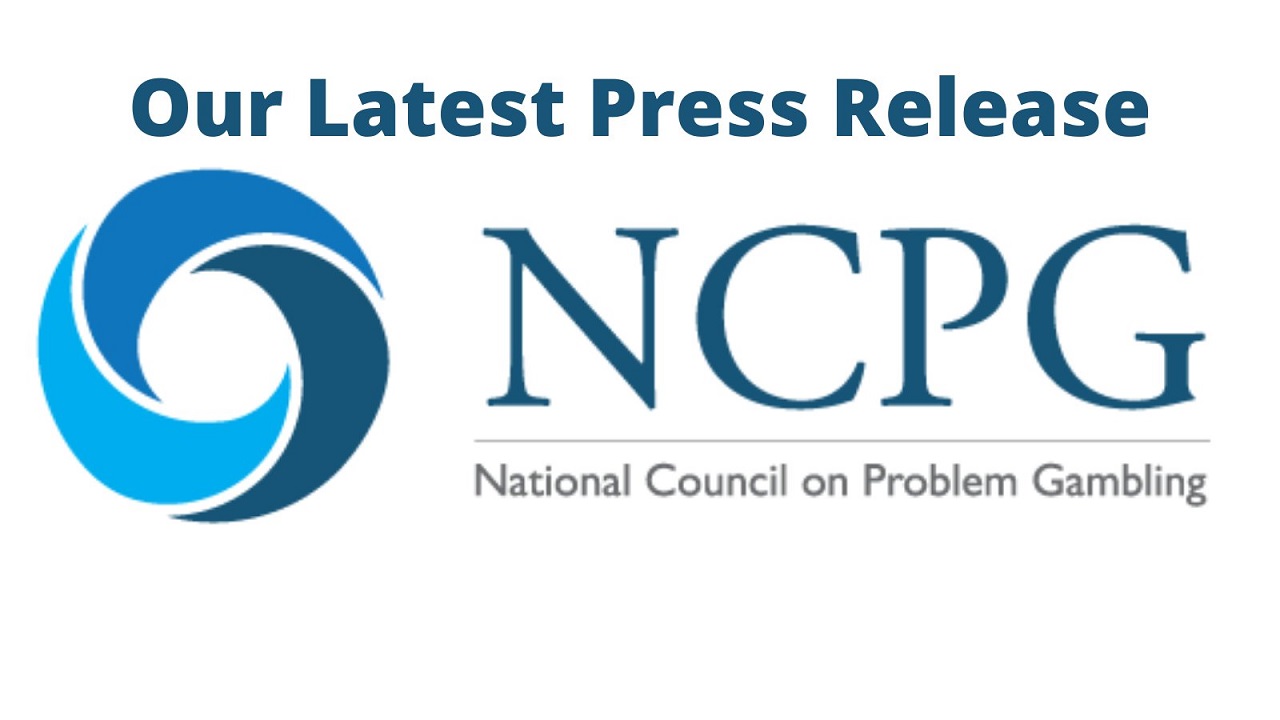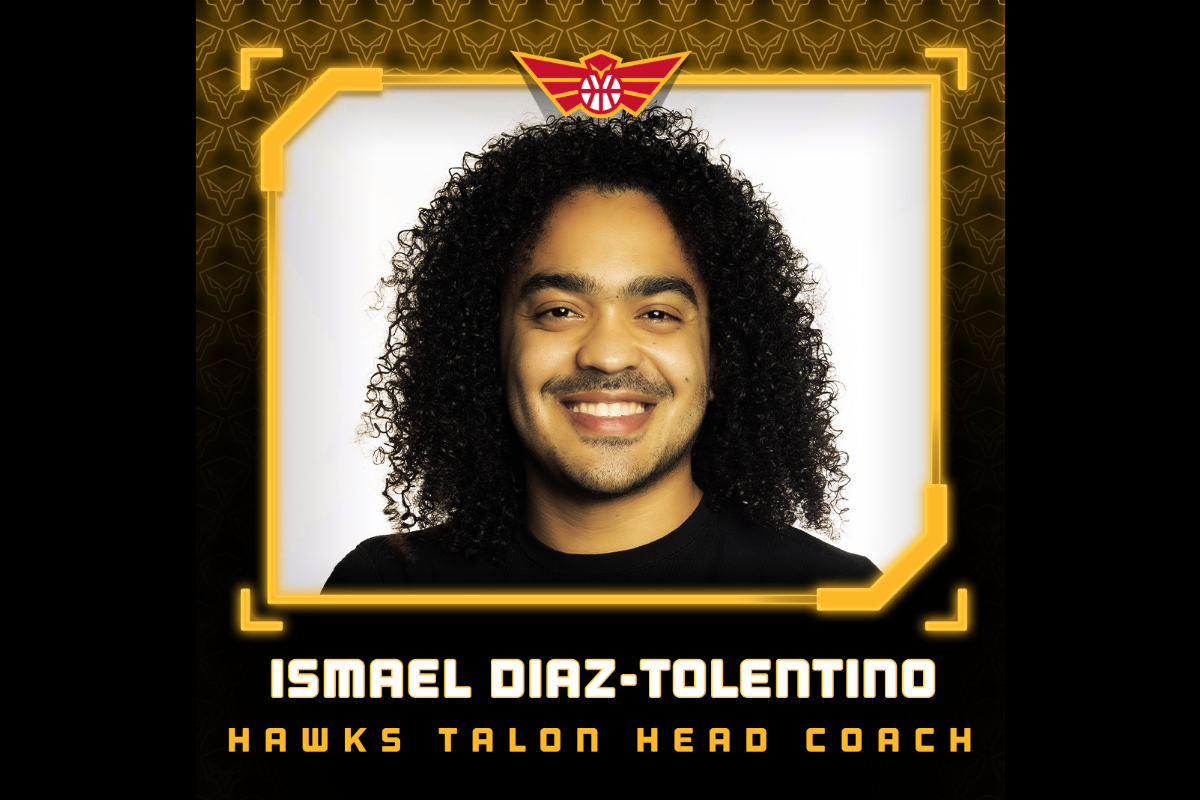
PAYSAFE ALERT: Bragar Eagel & Squire, P.C. Announces that a Class Action Lawsuit Has Been Filed Against Paysafe Limited and Encourages Investors to Contact the Firm
Bragar Eagel & Squire, P.C., a nationally recognized stockholder rights law firm, announces that a class action lawsuit has been filed against Paysafe Limited in the United States District Court for the Southern District of New York on behalf of all persons and entities who purchased or otherwise acquired Paysafe securities between December 7, 2020 and November 10, 2021, both dates inclusive (the “Class Period”). Investors have until February 8, 2022 to apply to the Court to be appointed as lead plaintiff in the lawsuit.
On March 30, 2021, Paysafe became a public entity via business combination with FTAC.
Then, on November 11, 2021, before the market opened, Paysafe announced that it was revising its revenue guidance for the full year 2021 downward from a range of $1,530 – $1,550 million to a range of $1,470 – $1,480 million. Paysafe attributed the revision to “[g]ambling regulations and softness in key European markets and performance challenges impacting the Digital Wallet segment” and “[t]he modified scope and timing of new eCommerce customer agreements relative to the Company’s original expectations for these agreements.”
On this news, the Company’s share price fell $3.03 per share, or more than 40%, to close at $4.24 per share on November 11, 2021, on unusually heavy trading volume.
The complaint filed in this class action alleges that throughout the Class Period, Defendants made materially false and/or misleading statements, as well as failed to disclose material adverse facts about the Company’s business, operations, and prospects. Specifically, Defendants failed to disclose to investors that: (1) that Paysafe was being negatively impacted by gambling regulations in key European markets; (2) that Paysafe was encountering performance challenges in its Digital Wallet segment; (3) that new eCommerce customer agreements were being pushed back; and (4) that, as a result of the foregoing, Defendants’ positive statements about the Company’s business, operations, and prospects were materially misleading and/or lacked a reasonable basis.
If you purchased or otherwise acquired Paysafe shares and suffered a loss, are a long-term stockholder, have information, would like to learn more about these claims, or have any questions concerning this announcement or your rights or interests with respect to these matters, please contact Brandon Walker or Alexandra Raymond by email at [email protected], telephone at (212) 355-4648, or by filling out this contact form. There is no cost or obligation to you.










